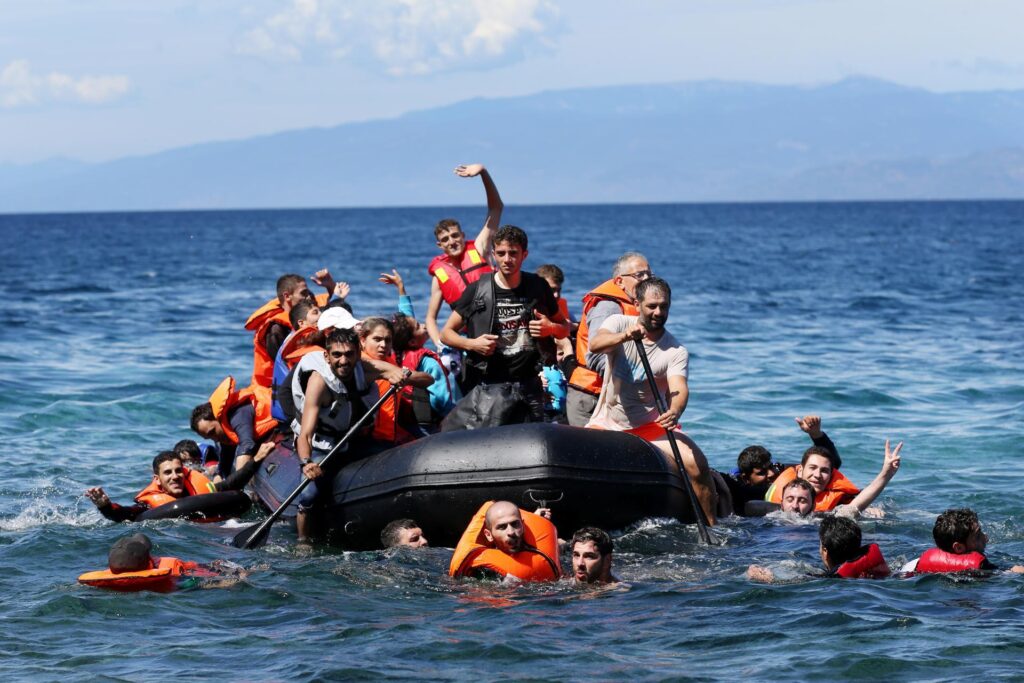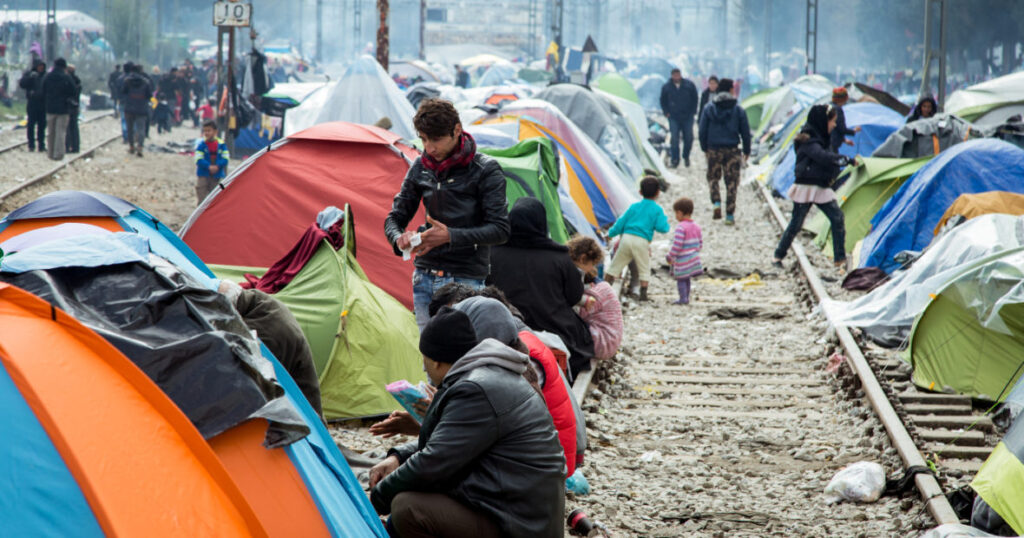
Europe is confronting a renewed migration crisis as rising numbers of people seek refuge and better opportunities, putting pressure on frontline states and straining EU resources. Italy, Greece, and Spain are bearing the brunt of the arrivals, with Italy’s Lampedusa island overwhelmed by thousands of migrants arriving via dangerous Mediterranean crossings.
Italy and Greece have called for stronger European support, urging other member states to share the burden. However, deep political divisions within the EU have hindered a unified response. While some countries, like Germany and France, are willing to accept more migrants, Eastern European nations, such as Hungary and Poland, remain opposed to mandatory quotas.

The crisis has also heightened tensions at the Greek-Turkish border, where migrants continue to cross from Turkey, leading to overcrowded camps and humanitarian concerns. Far-right political groups across Europe are capitalizing on the crisis, driving stricter immigration policies and further complicating EU efforts to reform its asylum system.
With root causes like conflict, poverty, and instability persisting in regions such as North Africa and the Middle East, Europe’s migration challenges show no signs of easing, and a long-term solution remains elusive.







